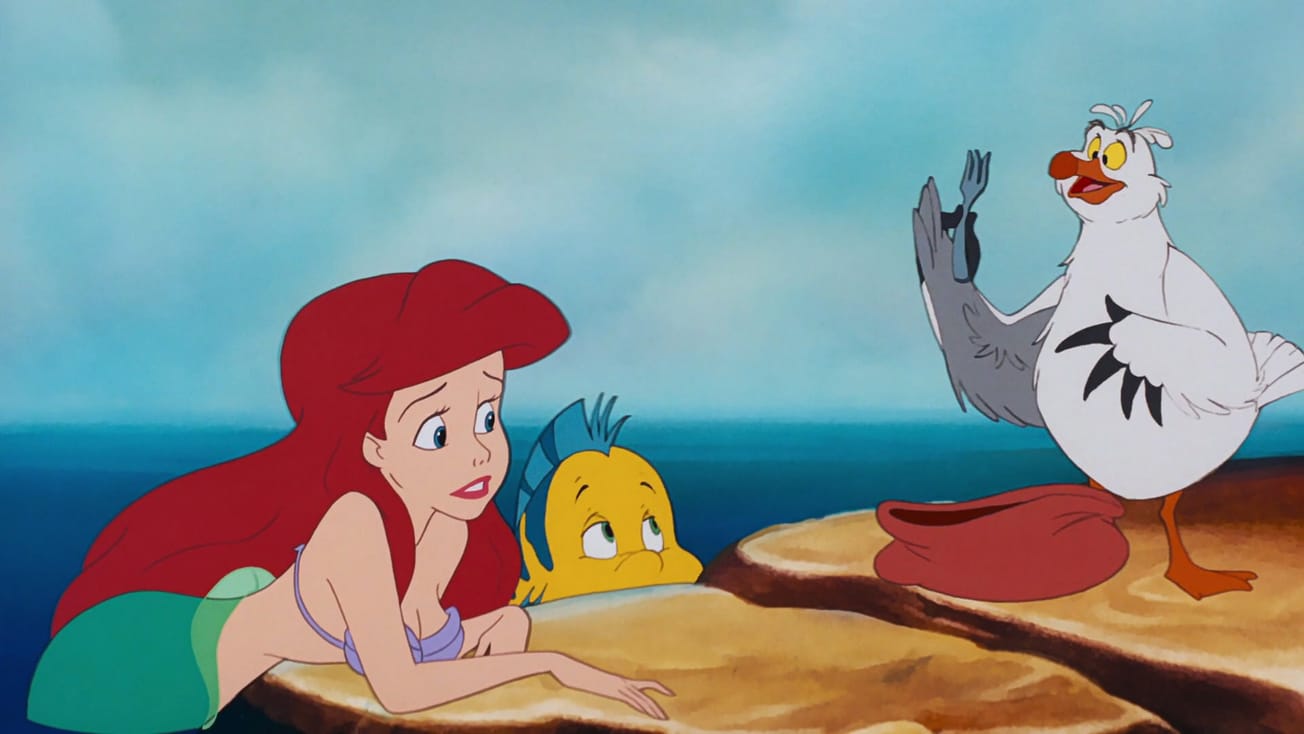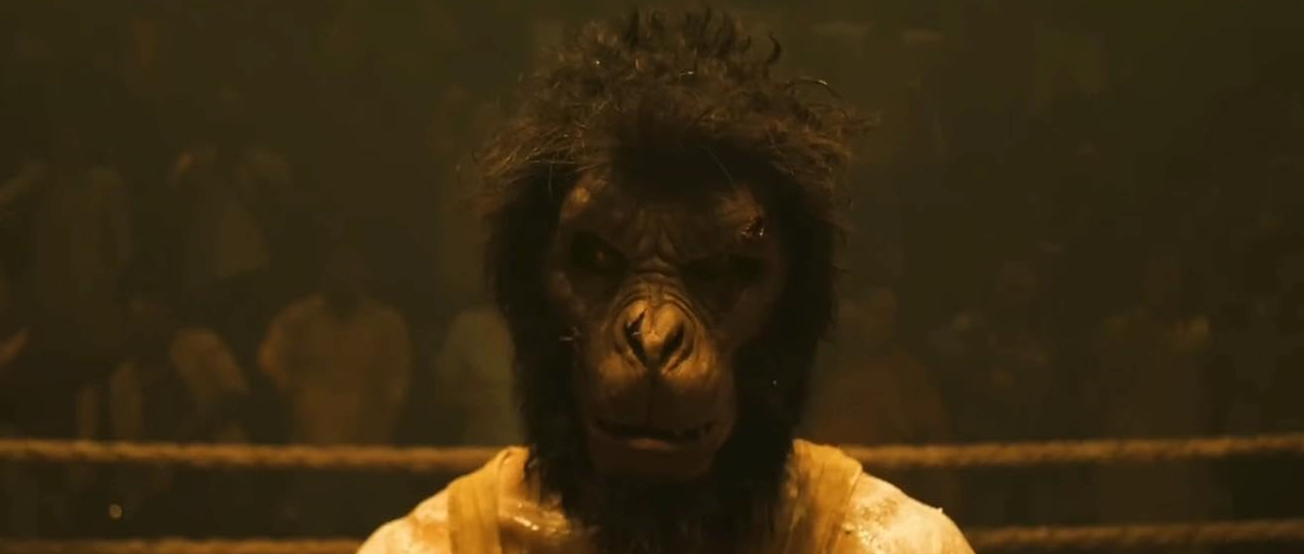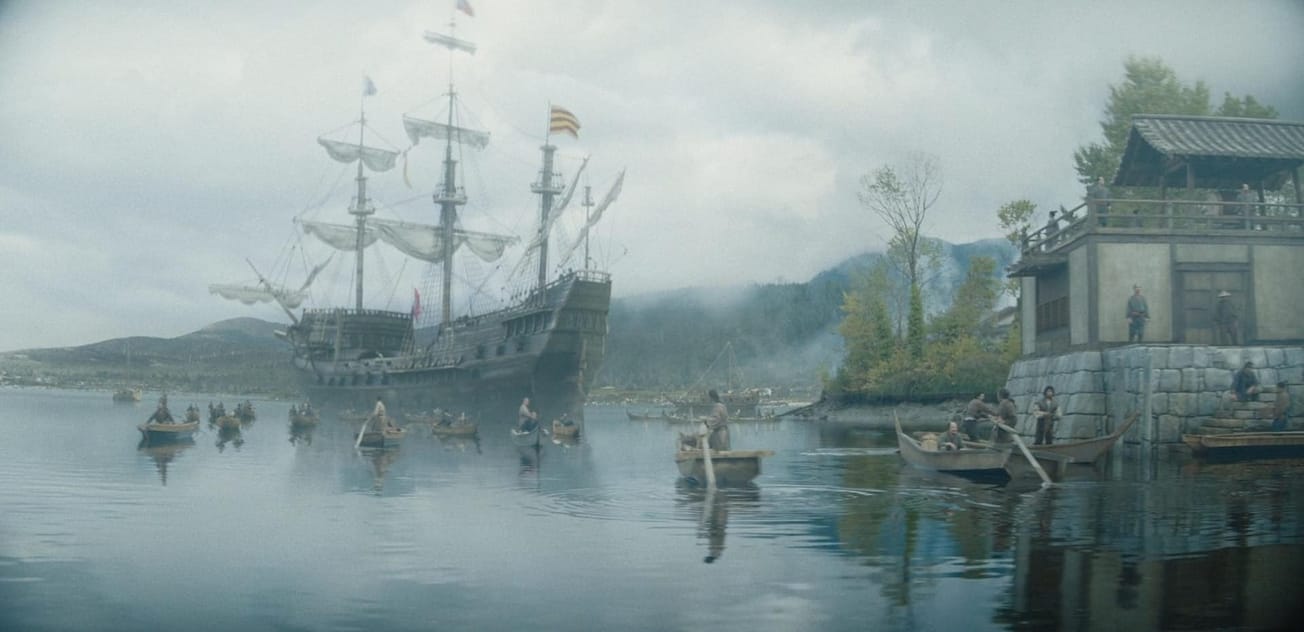By Ted Sparks, 2nd Year, Physics
When the General Election was announced in late October I’ll bet you were debating whether to throw together all of your political knowledge, ready to get through the impromptu pre-lecture debates you were inevitably going to encounter, or if you would choose not to engage in any political conversation until the election is done.
I, on the other hand, watched a film.
When Adam McKay’s political biopic Vice (2018) premiered, critics agreed it was generally a good film that would have benefited from a little more firepower.
The London Evening Standard picks up on the uneventfulness: ‘when a movie’s premise is that its subject single-handedly moulded recent history, you want more depth and grandeur than this one provides’. Time Out, on the other hand, praises the acting and delivery: ‘wince-sharp performances and an almost experimental style of editing that creates an apocalyptic whirlwind’.
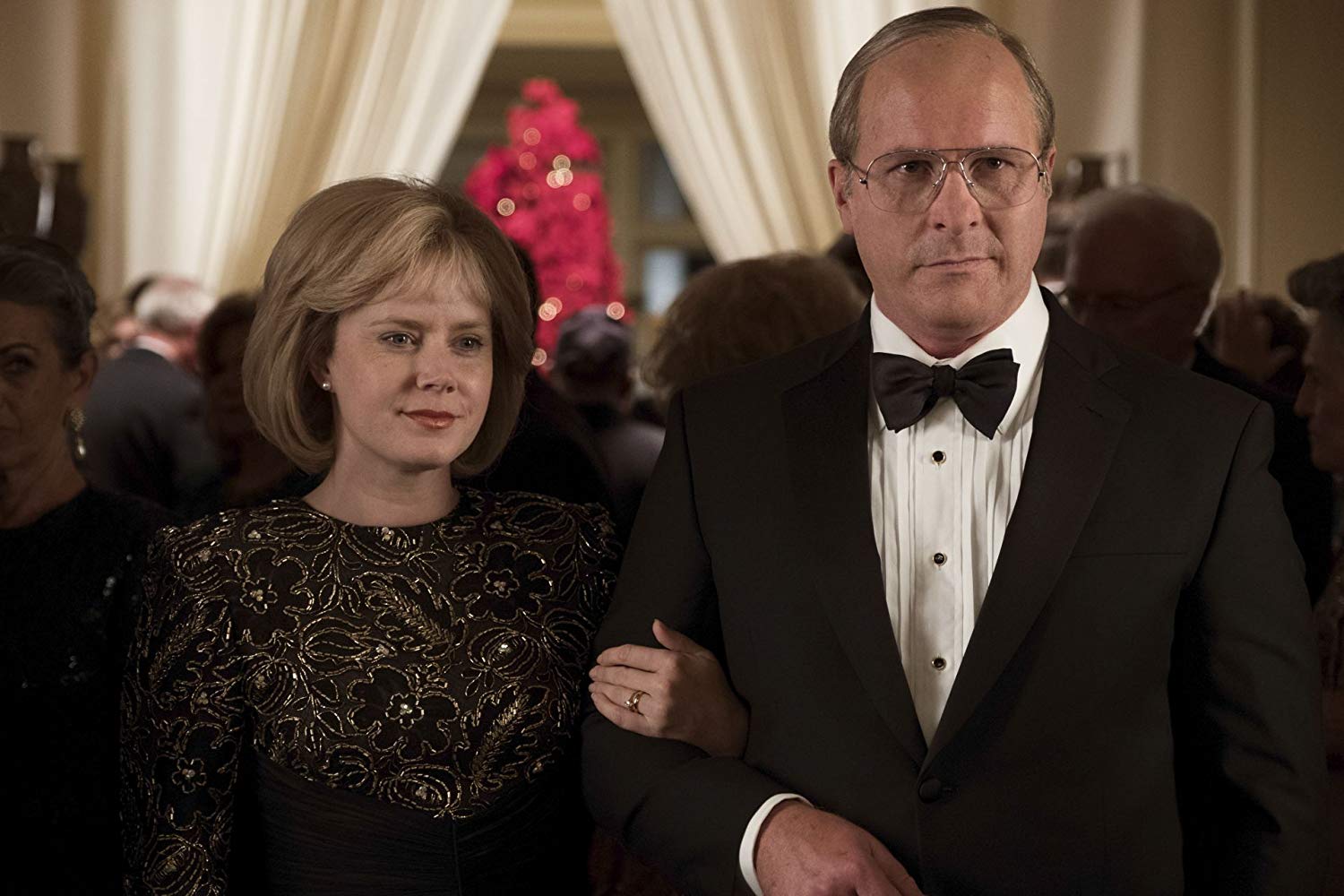
While Vice didn’t make a huge impact on audiences, McKay presents an in-depth study of an increasingly common political archetype, which should not be taken lightly. The film opens with an unnervingly calm Cheney (Christian Bale) moments after the events of 9/11, before cutting to Wyoming in 1963 where he works as a lineman and maintains a drinking habit.
| Stuck in the loop? Political satire to escape the election bubble
The events of the film are set in motion by his wife Lynne (Amy Adams) who intervenes, forcing him to change his ways. The only part of his former self he takes with him to Washington DC – and indeed the only constituent of his new one - was that which watched a man presumably die after falling from a telegraph pole.
The movie’s real triumph, and the most pressing lesson to be learned, is in character development and Bale’s performance. The Cheney we’re presented with unfurls across the US political landscape like an ink drop in water, at first unsatisfying with no obvious effect, but is nonetheless unstoppable when unleashed, and by the time the credits roll, his influence is everywhere.
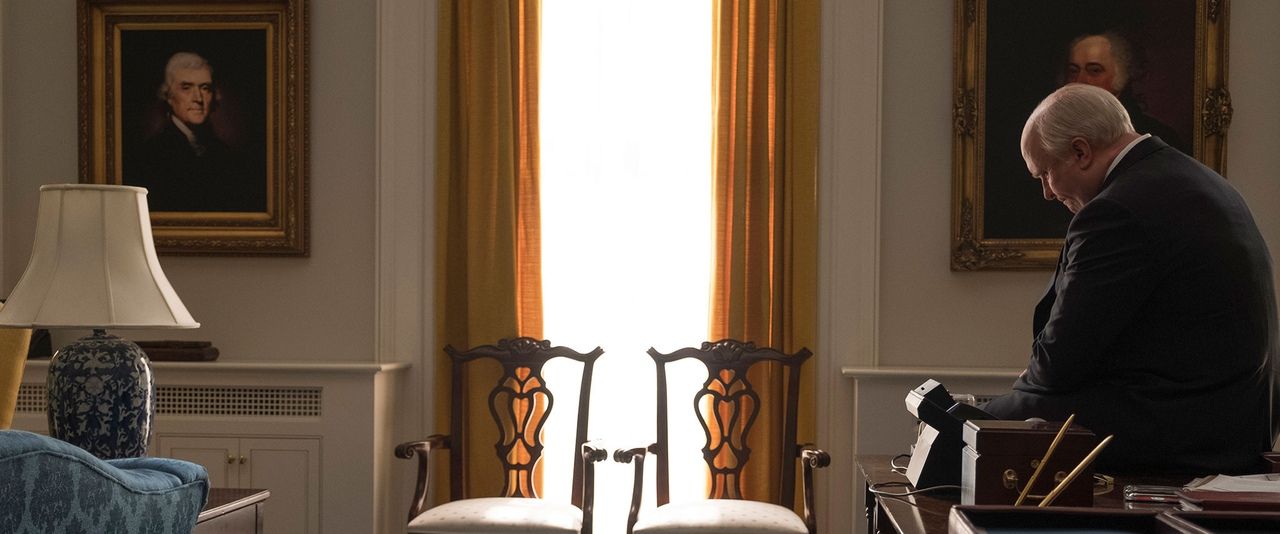
Some found the amount of attention given to Cheney’s personality boring, and were offended by the lack of screen time devoted to some of the things he got away with, but McKay would rather the audience understand what goes on in the former Vice President’s head that justified these actions.
McKay presents an in-depth study of an increasingly common political archetype, which should not be taken lightly
Indeed, the quiet, rotund man Bale plays isn’t immediately intriguing, often muttering instead of talking, but the actor perfects all of Cheney’s mannerisms and gives some of the funniest heart attacks - watch it - committed to film.
The plot is a little too easy to follow, which is periodically spiced up by montage-like sequences which at first seem out of place, given the subject is someone who always comes across as relaxed and well rested. His story is narrated by Jesse Plemons, playing a relative of Cheney’s – kind of – who varies the pace in order to make the 132-minute runtime enjoyable.
I don’t understand how #ViceMovie got a single, negative review. No, really! Christian Bale was a tour de force ... as he always is. And as an actor- he’s brilliantly played one of my favorite fictional characters of all time —AND one of my most hated, nonfictional, as well. (A+)
— Rick Shew (@shewrick) April 7, 2019
When dense political concepts are introduced we are rushed through them with just enough time to understand the situation, but when intimate family moments or dull insights into his personal life appear we are given just long enough to feel awkward and intruding.
The unconventional use of pace is a subtle dig at Cheney’s heart problems, which form one of the prominent subplots in the film. Given McKay’s successful history in comedy – Saturday Night Live (1997-1999), Anchorman (2004) – we are given opportunities to laugh, which is unusual in serious political films.
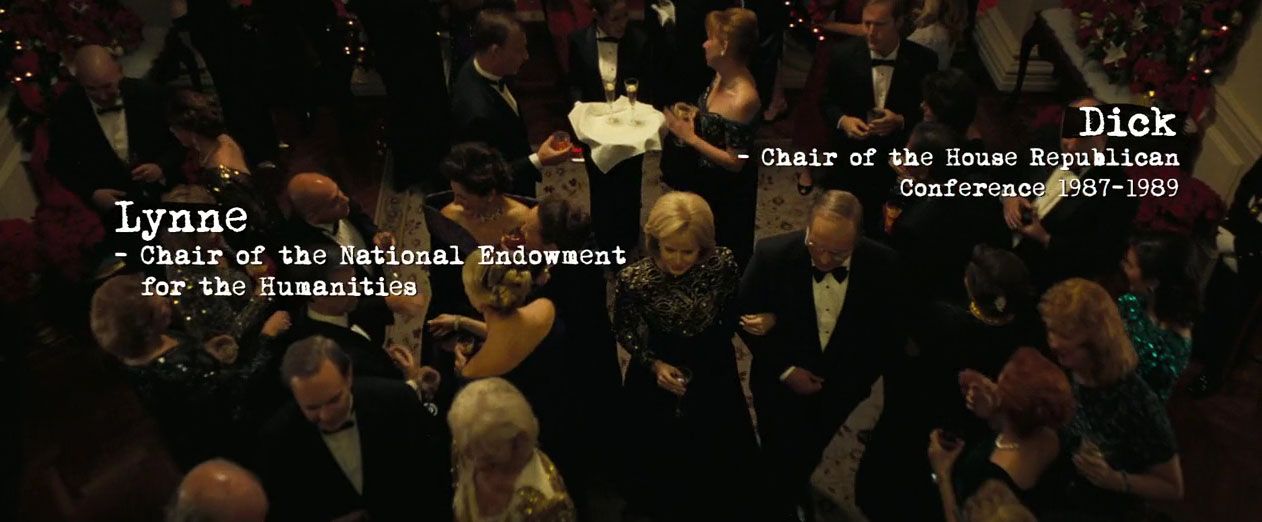
From a scene whose entire dialogue is Shakespearean, to Steve Carell’s portraying Donald Rumsfeld as not too dissimilar to Brick Tamland, the comedy fits and enhances this story. At times, Vice feels too alike The Big Short (2015), but the director has taken all available lessons learned from past projects and has created something new in a genre that is too often boring.
| World on Fire shows British politicians more honestly than our history lessons
Overall, Vice is the one film to watch before this coming election as it makes easy watching, whilst giving a two-hour crash course into a political character that has seeped into UK politics. It does differ from initial expectations, but if you stick with it you won’t be disappointed.
Featured: IMDb / Annapurna Pictures
Do you find Vice relates to the UK's current political climate?



